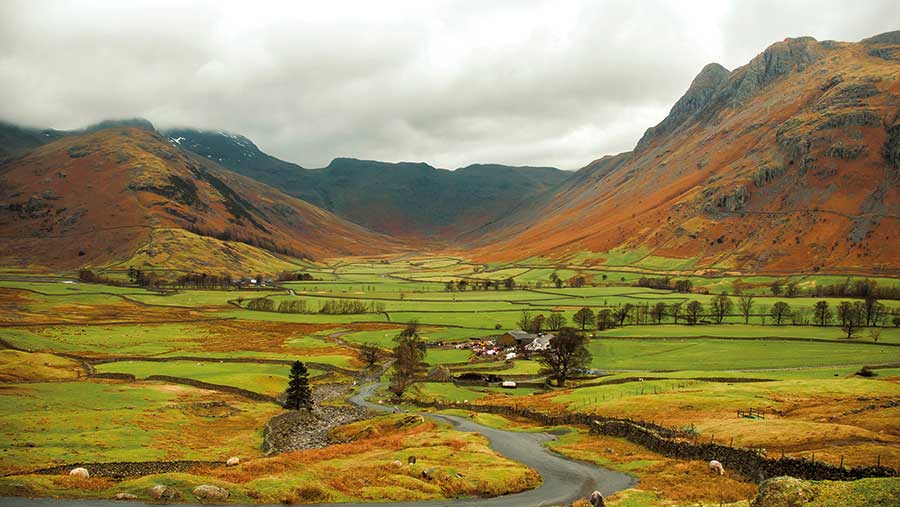Opinion: Farm support should help real people doing real jobs
 © Lauren/Adobe Stock
© Lauren/Adobe Stock I grew up in an area that was in decline. The industries that made it prosperous were gone or going – I remember when the blast furnaces I could see from my primary school were demolished.
The inevitable result was high unemployment, shops closing, infrastructure decaying and a general air of despondency.
It had nothing to offer me, so I left for university and haven’t lived there since.
See also: Opinion – insect ‘pain laws’ could hit food production
Recently, my home town has been awarded millions from the “levelling-up” fund for various projects.
Promotional materials show attractive people strolling past gleaming new buildings under an improbably blue sky, but whether these schemes will be of lasting benefit when previous injections of public money have failed to restore the town’s fortunes is another question.
It’s a difficult dilemma: should the state prop up struggling industries, or let them fail and hope to resuscitate the local economy by other means?
I don’t want my taxes shovelled into the bottomless pit of doomed businesses.
But nor do I want government to actively undermine those industries that – for less than it will probably cost to fill the void when they are gone – could be helped to thrive.
I am aware of concerns that proposed environmental payments for the uplands won’t adequately compensate farmers for the loss of the Basic Payment Scheme.
If the income from large-scale nature recovery schemes is seen as the only viable alternative, it is dismaying but understandable that in Cumbria landowners take tenanted farms of modest size back in hand for just that purpose.
Where is the economic sense in having a payment regime which, by accident or design, may lead to the demise of smaller farms?
They support not only farmers and their immediate families, but myriad other businesses, from vets to abattoirs.
With no sheep or cattle to contain, there will be no reason to carry out the repairs that are constantly needed to the drystone walls that are such a traditional local feature.
Market towns won’t need livestock markets. If enough threads are pulled, eventually the whole fabric of the area will unravel.
Doubtless there will be those who would welcome a sheep-free zone given over to bracken and beavers.
More levelling-up needed
But if this came to pass, a future government would find itself under pressure to do a bit of levelling up for all the farmers, feed merchants, market staff, people who supply and maintain equipment and so on who have been put out of work.
Is tourism the answer? Possibly not, if the vibrancy and authenticity of the Lake District have disappeared along with the farms, and the hills are alive with the sound of wind turbines.
The essential nature of farming is that it has deep roots in the community, which generates unique feelings of belonging to and connection with the land.
In contrast, many levelling-up schemes are fungoidal – impermanent, rootless and sprouting from the decay beneath.
Cultural hubs, leisure facilities and the titivation of town centres may provide jobs, but they don’t sustain a way of life.
Perhaps high-tech will be the panacea and the vision for the Lake District is of android shepherds entertaining visitors in replica farms as robot dogs round up animatronic sheep.
While we await this fantasy, why not provide support that keeps real people doing their real jobs?

